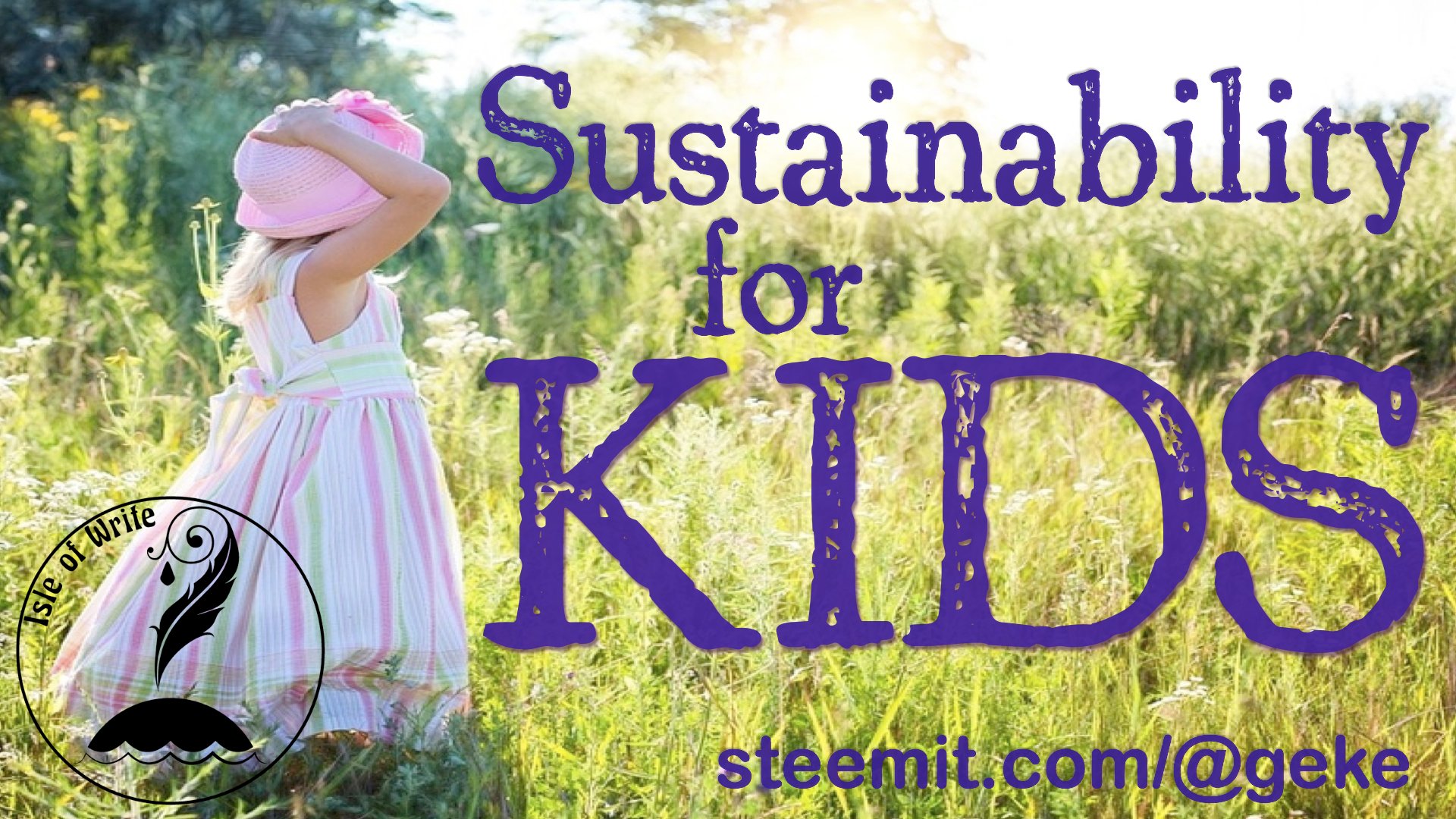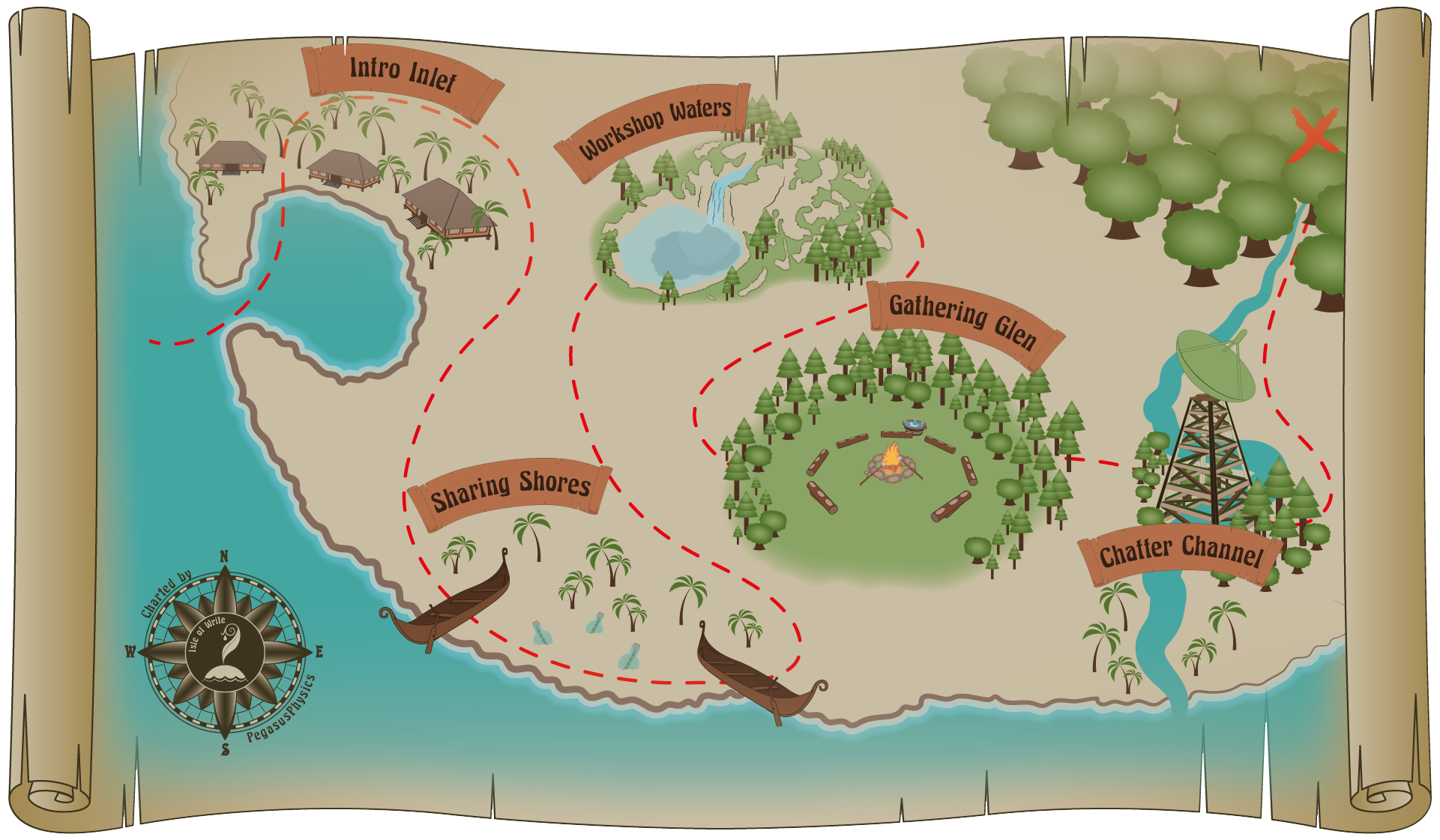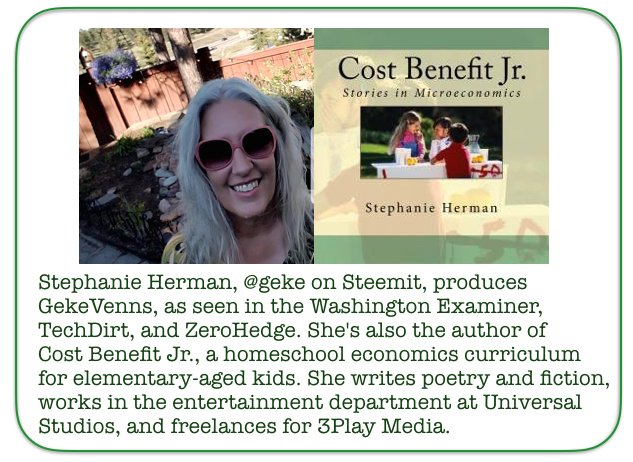
Part 1 | Part 2 | Part 3 | Part 4 | Part 5 | Part 6 | Part 7 | Part 8
Part 9 | Part 10 | Part 11 | Part 12 | Part 13 | Part 14 | Part 15 | Part 16
Part 17 | Part 18 | Part 19 | Part 20 | Part 21 | Part 22
Now that we've covered all the reasons why we're in such an unsustainable state, it's time to start looking at ways we can change things. One of the first things we can do, as individuals, is to find creative ways to save our money and our personal resources.
Remember in Irwin Schiff's story about how an economy grows, that our savings give us our capital. So saving should always come first, before spending. This is why some financial planners advise their clients to “pay yourself first.” This means saving a portion of your money before paying bills or buying things.
But most of the saving advice you'll see on the internet involves starting young. This is fine advice for kids, but seems to be almost an encouragement for older people to stop saving. This certainly is a message our society receives from both advertisers and the government: if you're older, don't bother saving. Pour your money into the economy, instead.
But it's important for our economy and for sustainability that both the young and the old are saving money. And saving is good for both you, the individual, and the economy as a whole. The economy benefits from the adjustment our saving does to the price signals of various goods. When we're not buying for buying's sake, and we pick and choose what we want and need more carefully, the economy gets a better idea of where our demand really is.
One benefit we see from saving money is that the act of saving produces even more savings! It snowballs!

For example, when we shop less, we also spend less on transportation and the wear and tear on our vehicles, which is a further financial savings, both of our personal money and our natural resources. And when we shop less, our household clutter is reduced, which means we also spend less money on storing, managing, and cleaning that clutter. And if we save money by eating less, we also save additional money on diet aids and expensive diet foods.
Probably the best reason to save money, though, is that having a store of saved money means that when emergencies happen, we wont' be caught without a way to pay for them. That means less borrowing, and fewer interest payments, which are very expensive.
On the internet, you'll find many articles talking about the reasons why saving is important, but many of these reasons involve saving for a major purchase. That's good to do – it's better to save for a car rather than borrow money for one. But if we really want to change our financial mindset and make sustainability a priority, we need to start seeing the act of saving for saving's sake, not just to make a future purchase. There is value both financially and psychologically to having a permanent store of saved money – money not earmarked for a future purchase, but existing solely as a store of value.
Unfortunately, we learned earlier in this series that saving US dollars isn't a good way to hold onto stored value. Because the supply of US dollars is constantly being inflated, each dollar we hold onto loses value over time. So it's more sustainable to convert our savings of US dollars into a form that won't lose value. Some people do this by saving silver or gold bullion. Others convert dollars into art or antiques that they believe will hold their value.
One thing to watch out for, though, is when "green" advertisers use sustainability slogans and promises to get us to throw out what we have and buy new, greener stuff. It's a consumption scam we'll look at more closely next time.
This article is one of a series I'm writing for the 30 Day Writing Challenge hosted by @dragosroua. If you want to join, write on a topic that interests you or that you'd like to learn more about and use the tag #challenge30days. As Dragos says, "The key word sequence here is: "write every day."

Think you'd like to wash up on our shore?
The treasure map will bring you right to our door!

cover art created with a pixabay.com image ]

